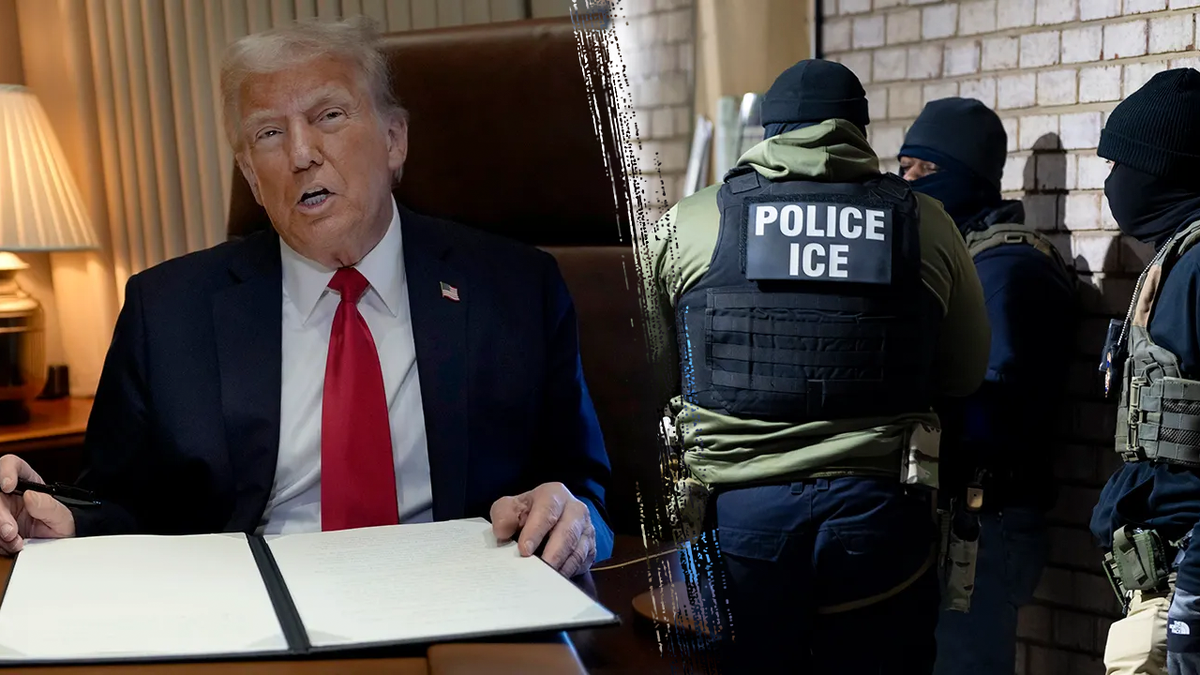A US federal appeals court has ruled that no contempt charges should be held against former Trump administration officials involved in the deportation of Venezuelan migrants to an El Salvadorian prison. This decision highlights the complex legal and political challenges surrounding immigration enforcement and human rights.

The Deportation Controversy
During the Trump administration, aggressive immigration policies targeted migrants from Latin America, including Venezuelans fleeing economic and political turmoil. Some of these migrants were deported to El Salvador, where reports emerged of their detention in prison facilities under harsh conditions.
A lawsuit followed, accusing US officials of violating court orders designed to protect the migrants from being sent to unsafe environments. The legal battle centered on whether the officials had willfully disobeyed these injunctions, potentially warranting contempt sanctions.
The Appeals Court Decision
The recent ruling by the appeals court found insufficient evidence to hold the Trump officials in contempt. The court stated that the deportations, while controversial, did not constitute a deliberate violation of judicial orders.
This verdict sets an important legal precedent in immigration enforcement cases. It underscores the difficulties in balancing strict border policies with the protection of migrant rights, especially amid heightened political pressures.
Political and Human Rights Implications
The ruling arrives amid ongoing debates about immigration policy in the United States. Critics argue that deporting migrants to unstable or unsafe conditions violates international human rights norms. Supporters of strict enforcement claim the government must maintain border security and uphold immigration laws.
This case shines a light on the broader geopolitical realities faced by migrants from Venezuela, a country enduring economic collapse and political repression. The US remains a key destination and transit point for those seeking refuge.
Legal Complexities and Enforcement Challenges
Enforcing immigration law often involves navigating conflicting legal obligations. Courts may issue protective orders, but executive agencies manage deportation logistics under tight deadlines and resource constraints. This tension complicates compliance and oversight.
The appeals court ruling suggests that proving intentional contempt in such contexts requires clear, unequivocal evidence. Legal experts note that future cases will likely grapple with similar challenges as immigration enforcement continues to evolve.
Looking Ahead: Immigration Policy and Accountability
While this decision closes one chapter, questions about accountability and migrant protection persist. Policy makers and courts will face ongoing pressure to ensure humane treatment without compromising national security.
For the political and legal communities, this case underscores the critical need for clear guidelines and transparency in immigration operations. It also highlights the intersection of law, politics, and human rights in one of the most contentious areas of US policy.
Conclusion
The appeals court’s ruling on Venezuelan migrant deportations reflects the complex realities of immigration enforcement in today’s polarized political environment. While Trump officials avoid contempt charges, the broader issues of migrant safety and legal responsibility remain urgent topics.
For a global audience tracking breaking political and legal news, this development signals the enduring tensions at the heart of migration debates and the challenging balance between law enforcement and human rights.













Comments are closed.